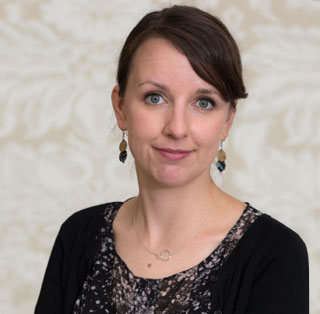
Fellowship: POAH
Graduate School: Harvard
Post Fellowship: Nathalie took a project manager position at the Cambridge Housing Authority
LinkedIn Profile>>
Fellow Profile
Please tell us a little about your background and what drove you to apply to be a Kuehn Fellow.
As a graduate student, I was most interested in policy related to affordable housing and community development, but I knew that in order to effectively advocate for policy change, I needed on-the-ground affordable-housing experience. I applied to the Kuehn Fellowship in the hope of gaining experience in the development of affordable housing and the project management skills necessary to see a project through from start to finish. In the process of doing so, I’ve also learned about how federal, state, and local policy supports and at times complicates the development of as many safe, healthy, and sustainable affordable housing units as possible.
What has been a favorite project, accomplishment or learning so far?
I’ve learned a lot from working with POAH Communities, our management firm, on management documents for Whittier, a public housing development in Roxbury that is being redeveloped into a mixed-income and mixed-use community as part of HUD’s Choice Nieghborhoods Initiative. It has given me insight into what public housing redevelopment means for current residents of public housing and how we can work with our partners to ensure that the process is as smooth as possible for returning households. As we move toward the start of construction, I look forward to working with our partners and general contractor to ensure that we meet our hiring goals for MBE, WBE, and Section 3 residents.
Is there anything you’ve seen/experienced that challenged some of what you thought you knew from school or otherwise?
Who knew that it would be so complicated? While at graduate school, I had a sense that affordable housing was best learned on the ground, but I am constantly surprised by how technocratic the field is and how much complexity is built into our budgets.
What’s something people don’t know about the community (or communities) you work in?
When we use the term “workforce housing,” we make it seem as if households who live in low-income or public housing do not work. If we take out elderly and disabled, most adults do! They just don’t make enough money to be able to afford market rents in cities like Boston.

